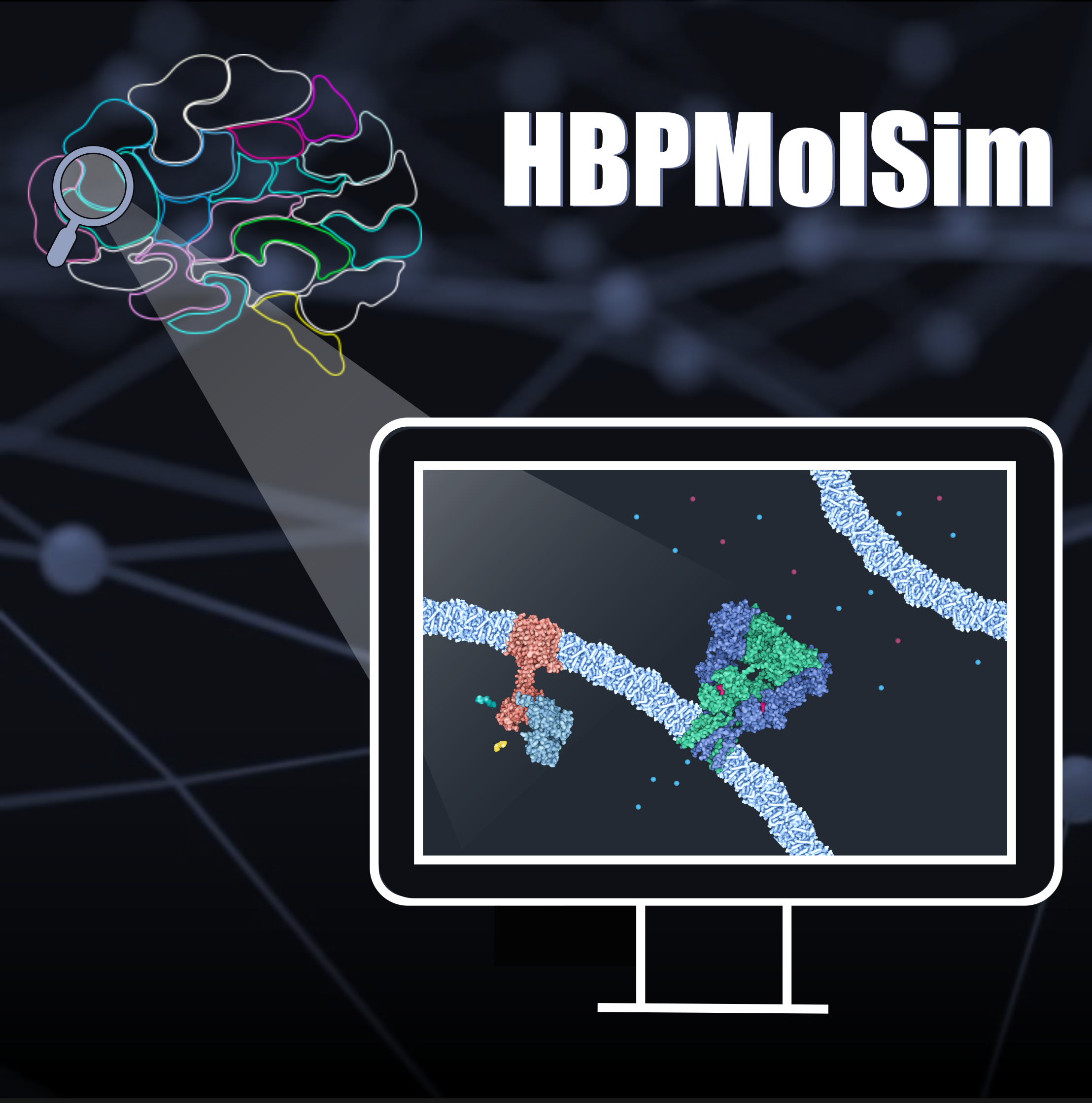Training Event
Training on Tools for Molecular Simulation of Neuronal Signaling Cascades
07-10 March 2022 | Virtual Event
About

The human brain is one of the most complex and fascinating structures. It is still far from understood and therefore considered one of the last biological frontiers. Its function is the result of intricate signal transmission networks and reactions occurring within and between neurons.
To model and simulate such complexity, multiscale models are required, that are aimed at reproducing brain function through a bottom-up approach, from the molecular to the whole brain level.
This workshop will provide training in computational tools developed in the HBP, that enable brain simulation and modelling at molecular and subcellular levels. Participants will get an overview of these tools, the necessary theoretical background, and practical experience to apply the tools in their own research. HBP research results will be shared and attendees be trained in how to use EBRAINS resources.
The target audience is advanced master students, doctoral students and postdoctoral researchers in molecular neuroscience, biochemistry, molecular biotechnology, biophysics, chemistry and related subjects, who would like to acquire an introduction to molecular simulation of neuronal signaling cascades and expertise in the relevant data sources and simulation tools developed in the HBP. Prior experience with shell scripts, python and visualisation of biomolecular structures (vmd or pymol) is recommended.
Registration
Registration is closed.
Programme
Up-to-date online version.
Times displayed are in CEST/GMT+2/UTC+2.
Confirmed Speakers
Giulia Rossetti | Forschungszentrum Jülich (FZJ), Germany
Douglas Armstrong | University of Edinburgh , Great Britain
Sven Cichon | University of Basel, Switzerland and FZJ, Germany
Adrien Cerdan | University of Strasbourg, France
Adam Hospital | IRB Barcelona, Spain
Giulia D'Arrigo | Heidelberg Institute for Theoretical Studies (HITS), Germany
Abraham Muñiz Chicharro | Heidelberg Institute for Theoretical Studies (HITS), Germany
Stefan Richter | Heidelberg Institute for Theoretical Studies (HITS), Germany
Davide Mandelli | Istituto Italiano di Tecnologia (IIT), Italy and Forschungszentrum Jülich (FZJ), Germany
Andrea Rizzi | Istituto Italiano di Tecnologia (IIT), Italy and Forschungszentrum Jülich (FZJ), Germany
Katya Ahmad | Forschungszentrum Jülich (FZJ), Germany
Olivia Eriksson | Royal Institute of Technology (KTH), Sweden
Federica Milinanni | Royal Institute of Technology (KTH), Sweden
Oksana Sorukina | University of Edinburgh (UDEIN), Great Britain
Dominique Hilger | Forschungszentrum Jülich (FZJ), Germany
Paolo Carloni | Forschungszentrum Jülich (FZJ), Germany
Jean-Pierre Changeux | Institute Pasteur, France
Scientific Chair & Organisers
Rebecca Wade | HITS, Germany
Giulia Rossetti | FZJ, Germany
Jeanette Hellgren Kotaleski | KTH, Sweden
Giulia D'Arrigo | HITS, Germany
Co-organiser




